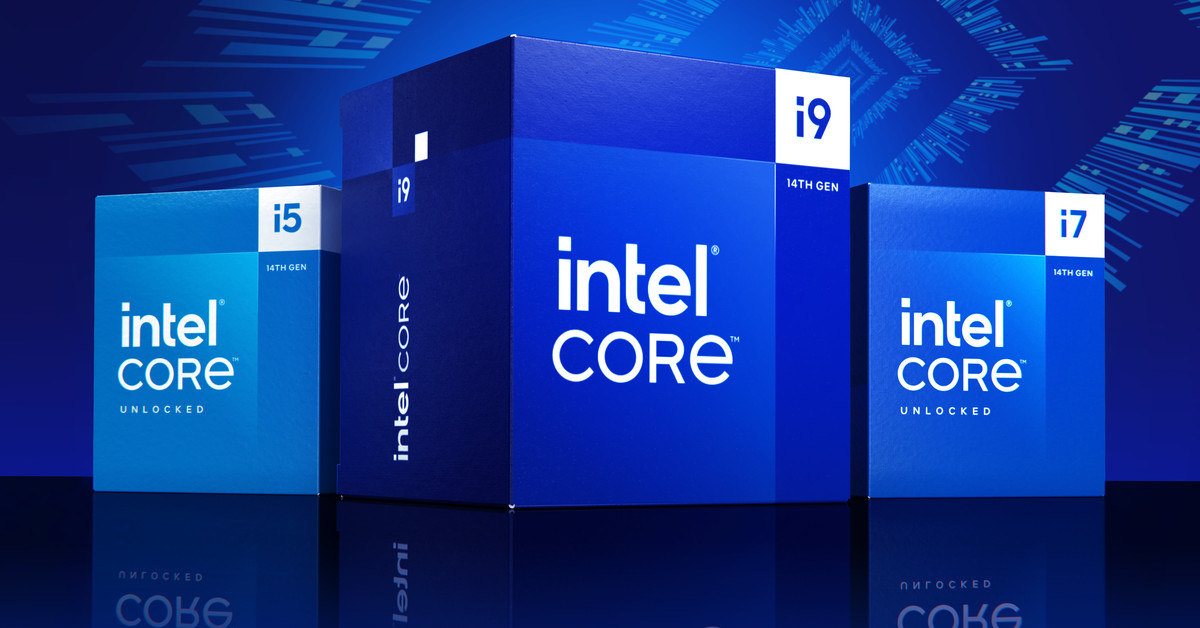6ghz
Knowing intel and their recent performance gains it just needs a small nuclear reactor as a PSU and liquid oxygen cooling for light desktop use.
Hmmm I have a 1kw power supply and a d15, so maybe it’s time to upgrade from my still-amazing 9900k.
Or they are going back to old tried and true methods and reducing the IPCs for higher clocks like they did in the move from Pentium 3 to Pentium 4.
Buy our new stuff. Promise we didn’t fake numbers this time and/or make new security vulnerabilities.
deleted by creator
System76 make linux-based computers, and they specifically ship them with the IME disabled. I know that’s not exactly what you ask for, but it’s similar in nature
deleted by creator
Remember when CPU’s / GPU’s had clockspeeds that didn’t include “up to”
I understand why it’s better net performance doing it this way and better uses the whole potential performance of the chip.
That still doesn’t make me like it, not because of the technical reasons, but because of the way they twist the marketing, it could hit 6ghz for 1 microsecond and they could still claim #nowupto6ghz!
Comes with a free space heater too. Neat.
I remember 20 years ago already seeing 3ghz CPUs, isn’t technology supposed to improve fast?
I remember when chips first hit 1GHz around 1999. Tech magazines were claiming that we’d hit 7GHz in 5 years.
What they failed to predict is that you start running into major heat issues if you try to go past ~3GHz. Which is why CPU manufacturers started focusing on other ways to improve performance, such as multiple cores and better memory management.
Just use the heat to power the machine.
And it has. The phone you have is faster than the 3GHz chip back then. A phone powered by a battery. And faster by like 20 times.
My dad had one of the first consumer 3GHz chips available. By the time I inherited it in 2009 it was completely outclassed by a <2GHz dual-core laptop.
That would’ve been a single 3ghz cpu core. Now we have dozens in one chip. Also, the instruction sets and microcode has gotten way better since then as well.
Clock speed isn’t improving that quickly anymore. Other aspects, such as more optimized power consumption, memory speeds, cache sized, less cycle-demanding operations, more cores have been improving faster instead.
We’re running into hard physical limits now, the transistors in each chip are so small that any smaller and they’d start running into quantumn effects that would render them unreliable.
I thought Intel was dropping the K9 branding and skipping desktop chips for 14th Gen…
The real question to me is does it come with Microsoft Pluton or not?







